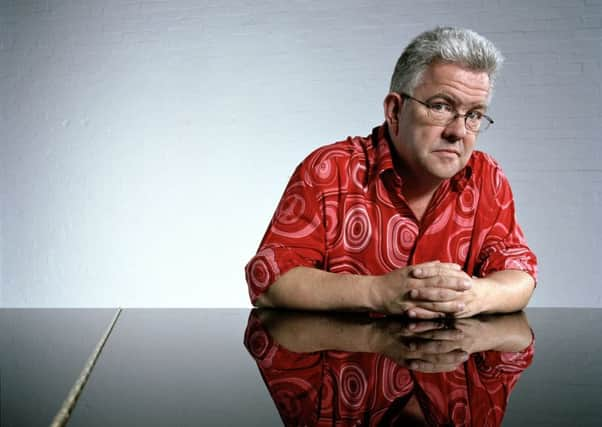Ian McMillan: Why big isn't necessarily better when it comes to books


I was thinking about this the other day when I was talking to somebody about poetry competitions. Often the rules of the competition will stipulate a maximum line-length for the poems entered, to stop people sending in their fifteen-volume masterpiece The Gomersal Psalms (actually, I’d read a psalm sequence set in Gomersal, no matter how long they were) to give it a perceived unfair advantage over a sonnet and to strain the postman’s wrist. People will often enter a competition poem that is exactly forty lines long because they believe, like the author of The Gomersal Psalms, that the longer piece of string is the better one.
My argument, which was shaky but stridently put, was that a two-line poem could be just as good as a 40 line poem. The person I was talking to dismissed the idea with an airy wave of his paisley cravat but I’m sticking with the idea.
Advertisement
Hide AdAdvertisement
Hide AdThe thing is, I like reading big fat books and I like reading tiny little poems; I enjoy a good wallow in Moby Dick and I enjoy a brief encounter with a passing haiku. If pressed, though, I’d say that I get more out of the tiny writing than the obese book. In terms of writing, I reckon, bigger isn’t always better. Most people though, believe the opposite.
I once saw somebody in a bookshop weighing two books by the same writer and eventually choosing the heavier one because, as they said to their companion, “There’s more reading in it”. The idea that there’s more reading in a longer book intrigues me, although it depends on what your personal definition of reading is. Of course, I know that some kinds of reading are just functional: the instruction book, the recipe book, the train timetable. For me the best reading, like the best cooking, is slow, so it always takes me a long, long time to read or reread Moby Dick.
I write poems so I read lots of poems, and often the poems will be collected together in what becomes known as a ‘slim volume’, a book that could be 80 pages long, but is often 64 pages long and sometimes 48 pages long. If you just read the book from start to finish it wouldn’t take up much of your morning, but the thing with a poem is that I like to take my time, savouring each line, examining each word and line break, thinking about why the poet has chosen to end a stanza in a particular place. I can sit staring at the same page for so long that my wife thinks I’ve fallen asleep. To be fair, I often have.
How long is a piece of string? As long as you want it to be. Take your time with it, and I hope it’s taken you at least a week to read this column!